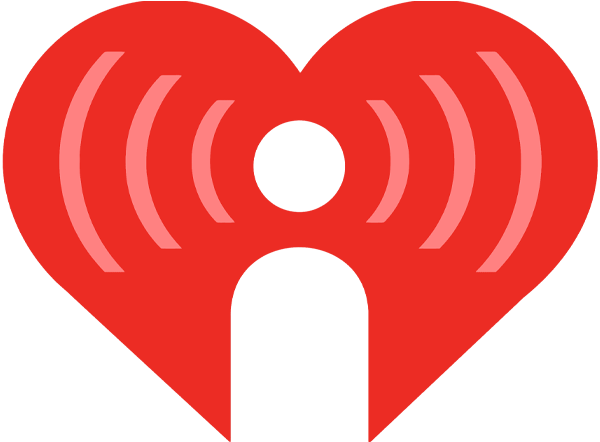Map901
Building Rich Interior Hazard Maps for First Responders
“Every year, firefighters die or are seriously injured because they become lost, separated, or difficult to locate inside buildings or houses. Every day, law enforcement officers enter buildings, often alone, with their precise whereabouts unknown.”
“Accurate, readily available, information-rich indoor maps and models are one of the keys to unlocking indoor localization, tracking, and navigation for first responders – both from an operational standpoint and to enable the R&D community to address specific public safety requirements in this field.”
Project Scope
Seeing the value of increasing safety for responders and strengthening response procedures, the City of Memphis began a partnership with the University of Memphis to survey 1.86 million square feet of indoor space across seven facilities in October 2018. The work was funded from a grant received through the PSCR Award for PSIAP Point Cloud City. Not only does this work enable navigation of indoor space during emergencies, it facilitates other research efforts; localization/navigation, indoor location-based services, and augmented/virtual reality applications.
Technical approach
The team surveyed buildings using LiDAR backpacks, 360° cameras, tracking cameras, GPS, temperature/humidity and sound sensors. Data is gathered as the team walks through the building with the backpack. GPS locations of external points are used to geo-reference 3D LiDAR point cloud data.
Temperature, humidity and sound information are collected separately by two other sensors. The information from these sensors combined with the image data are used to annotate the algorithm. The tracking cameras are used in small spaces that are otherwise difficult to scan.
What are point clouds?
Point clouds are a collection of spatial 3D data points defined by a given coordinates system (typically x, y, z coordinates). A point cloud is made up of tiny data points in the three dimensional world to ultimately reflect a physical space. They are collected from a scanner, e.g. LiDAR in a 3D coordinate system, and used to create 3D models such as architecture or virtual reality applications.
The resulting 3D model is a point cloud with accurate color. A good parallel is to think of it like dot matrix printing. Every LiDAR point is georeferenced down to the millimeter through GPS-RTK (real-time kinematic) and reaches maximum accuracy within five to ten minutes. The color shows objects that wouldn’t be visible with LiDAR alone, such as bicycles, and could be used for virtual reality applications.
Our Team
City of Memphis:
- Joseph Roberts
- Allie Harrison
University Of Memphis:
- Madeline Cychowski
- Mazharul Hossain
- Eddie Jacobs
- Tianxing Ma
- Alfredo Ramirez
- Lan Wang
- Thomas Watson
Make a Request
To request mapping information follow the links below to the online forms. Once submitted and approved you will receive access to your requested mapping information.

Call 311 for a service request
Call 211 for community services
901-636-6500






